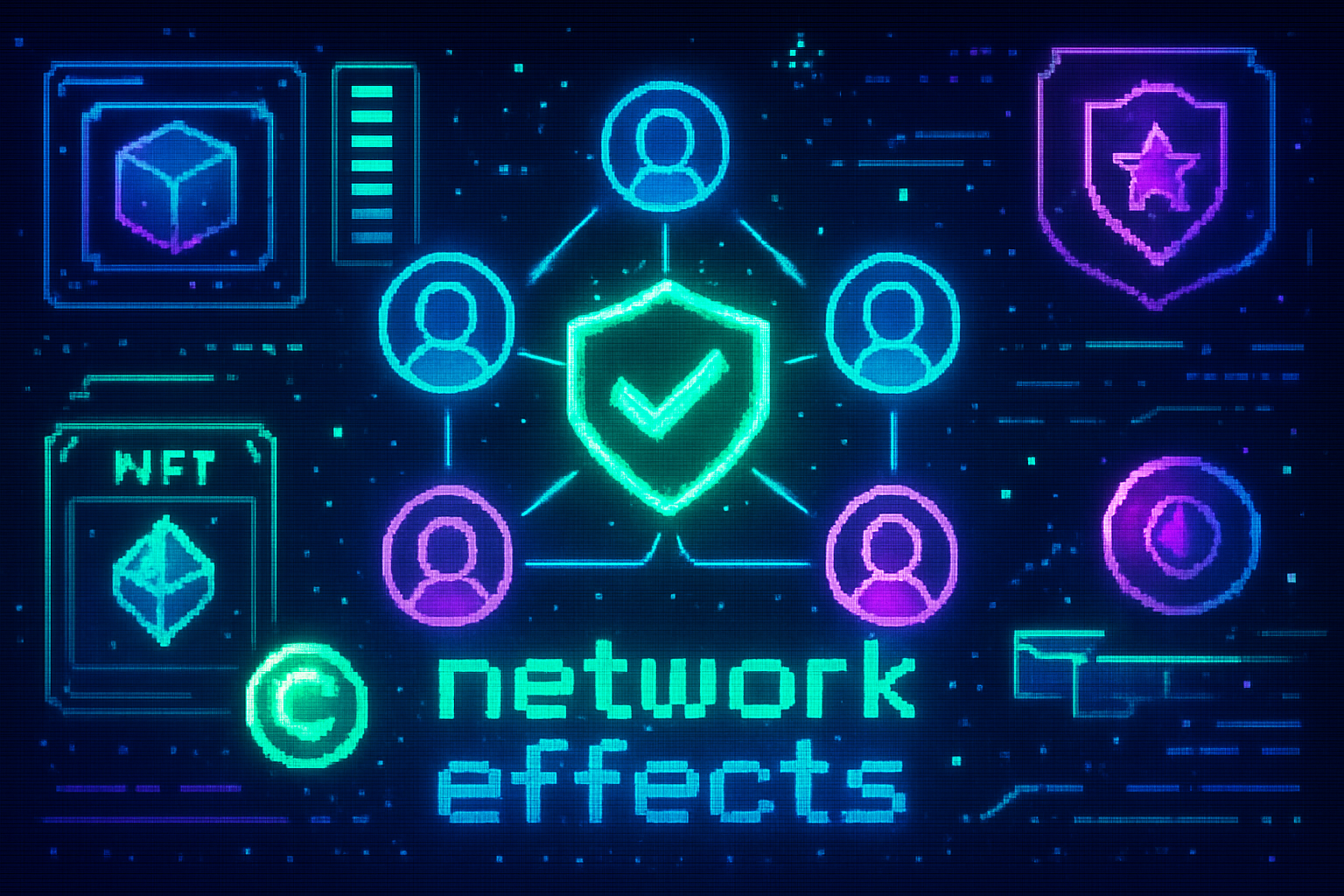
Decentralized Finance (DeFi) has reached a turning point where privacy and compliance are no longer mutually exclusive. Thanks to the rise of zero-knowledge proofs (ZKPs), it’s now possible for users to prove their eligibility for DeFi allowlists, such as those required for token sales, gated communities, or protocol participation, without exposing sensitive personal information. This innovation is rapidly transforming how onchain KYC (Know Your Customer) attestations are handled, balancing regulatory demands with the ethos of user sovereignty.

Zero-Knowledge Proofs: The Privacy Engine Behind Onchain KYC
At its core, a zero-knowledge proof enables someone to prove a statement is true without revealing any details beyond that fact. In the context of onchain KYC, this means users can demonstrate they have passed identity verification, such as being over 18 or residing in an eligible jurisdiction, without sharing their name, birthdate, or address with the DeFi platform itself. This cryptographic leap addresses one of DeFi’s most persistent dilemmas: how to comply with regulations while respecting privacy.
Recent advances like Blockpass’s On-Chain KYC® 2.0 and 0xKYC’s liveness verification attestations exemplify this shift. These systems issue reusable digital credentials that can be referenced by smart contracts through ZKPs, allowing platforms to verify compliance criteria instantly and privately. As highlighted by industry thought leaders, this approach is not just theoretical, it’s already operational across leading DeFi protocols and tokenization projects.
How Private Onchain KYC Attestations Work in Practice
The workflow typically unfolds in four key steps:
- Identity Verification: The user completes a one-time check with a trusted KYC provider.
- Credential Issuance: Upon passing verification, the provider issues a verifiable credential stored in the user’s digital wallet.
- ZKP Generation: When interacting with a DeFi platform, the user generates a zero-knowledge proof attesting to specific eligibility criteria, without revealing underlying data.
- Onchain Verification: The platform’s smart contract validates the ZKP onchain, confirming compliance while keeping personal information off-chain and confidential.
This architecture is at the heart of modern zk attestation infrastructure. It not only streamlines onboarding but also drastically reduces risks associated with data breaches and centralized honeypots of identity data. For allowlist managers and protocol developers seeking robust solutions, integrating ZKP-based attestations means no more trade-off between security and usability. For more technical deep-dives into these mechanics, see our guide on privacy-preserving KYC for onchain legitimacy.
The Compliance and Security Upside for DeFi Allowlist Management
The benefits are hard to overstate. With privacy preserving KYC for DeFi allowlists powered by ZKPs:
- User privacy is protected, since sensitive documents never touch the blockchain or platform servers.
- KYC/AML obligations are met, as platforms can prove only compliant users participate, without handling raw identity data themselves.
- User experience improves dramatically, as reusable credentials eliminate repetitive onboarding across multiple protocols.
- Security risks drop sharply, because there’s no central repository of personal information vulnerable to hacks or leaks.
This evolution isn’t limited to theory: major projects like zkMe-Singularity integrations and PureFi’s Uniswap deployment have demonstrated real-world viability at scale. As more platforms adopt these standards, expect interoperability across ecosystems, and far smoother onboarding for users who care about both privacy and compliance.
What’s particularly exciting is the emergence of interoperable, reusable digital credentials. Once a user completes KYC with a trusted provider, that credential can serve as a passport across multiple DeFi platforms. With each interaction, users simply generate a fresh zero-knowledge proof (ZKP) attesting to their eligibility, never exposing underlying identity data. This drastically reduces friction for both users and allowlist managers, eliminating the need for repeated KYC checks and manual reviews.
For protocol teams, integrating zk attestation infrastructure is becoming more accessible thanks to open standards and modular SDKs. Smart contracts can now natively verify ZKPs onchain, enabling automated allowlist management without ever seeing or storing personal information. The result? A compliance layer that is both transparent and privacy preserving, a rare feat in digital finance.
Challenges and the Road Ahead
Of course, no system is without its challenges. Ensuring the integrity and liveness of credentials remains critical; solutions like 0xKYC’s liveness verification are addressing this by binding attestations to real users in real time. Moreover, broad adoption requires ongoing collaboration between KYC providers, DeFi protocols, and standards bodies to ensure interoperability and regulatory acceptance.
Regulatory clarity is evolving too. Jurisdictions are slowly recognizing privacy-preserving KYC as a viable path for compliant participation in decentralized systems. As these frameworks mature, expect further alignment between zero-knowledge proof onchain KYC solutions and global compliance requirements.
For those building or managing DeFi allowlists today, the message is clear: leveraging privacy preserving KYC DeFi tools isn’t just about future-proofing compliance, it’s about unlocking secure, seamless onboarding for your community right now. If you’re interested in practical steps for integrating these technologies into your project stack, our resource on enhancing KYC compliance with onchain attestations offers actionable guidance tailored to Web3 teams.
A New Standard for Trustless Compliance
The convergence of zero-knowledge proofs and onchain attestations signals a new era where trustless compliance becomes possible at scale. Allowlist managers can confidently automate access controls without ever compromising user privacy or regulatory obligations. Users gain unprecedented agency over their digital identities, proving what’s necessary while keeping everything else private.
This shift isn’t just technical, it’s philosophical. It redefines the relationship between individuals and platforms in Web3: empowering users while protecting ecosystems from bad actors. As more projects adopt zk attestation infrastructure for onchain allowlist management, we move closer to a world where privacy and compliance reinforce rather than oppose each other.






